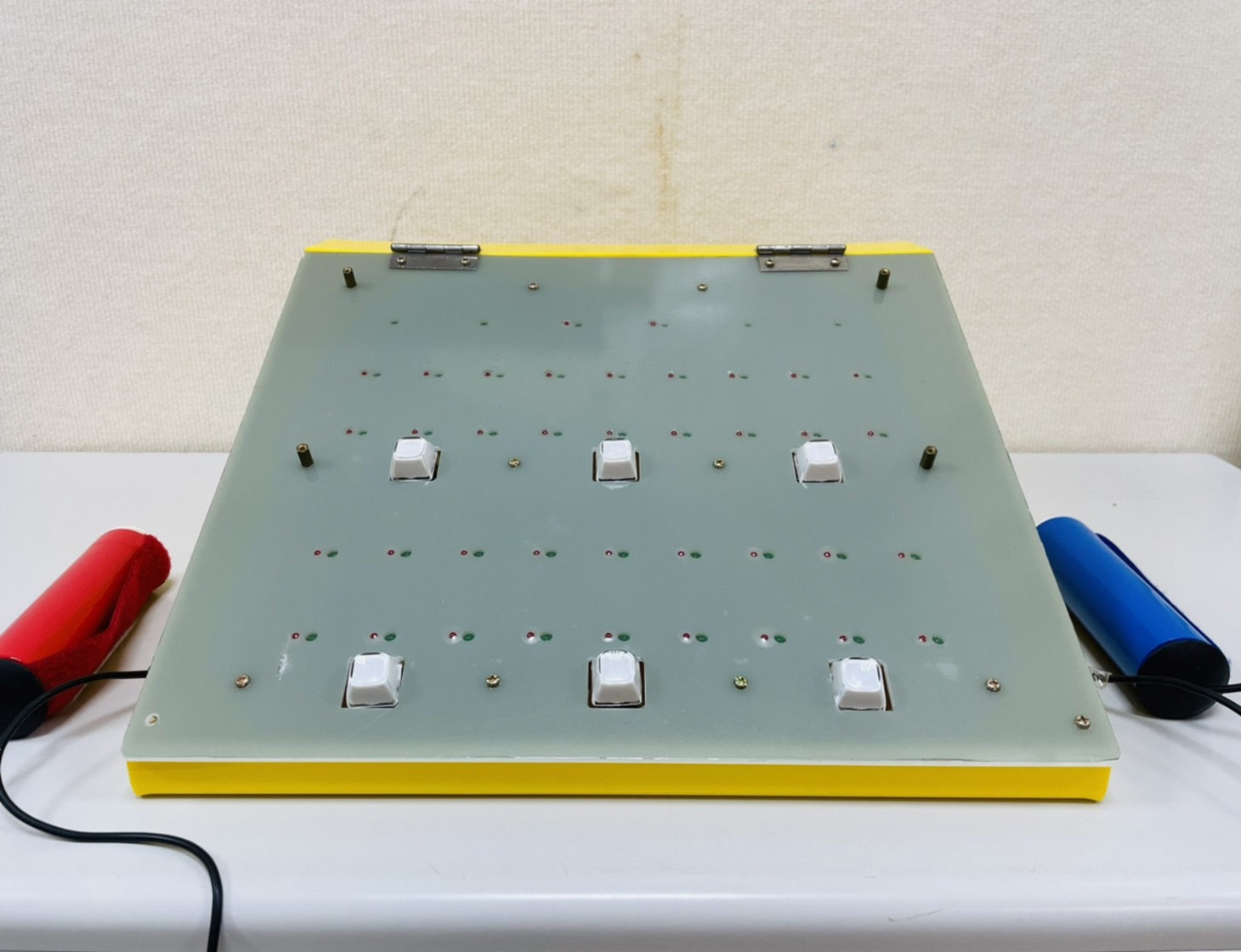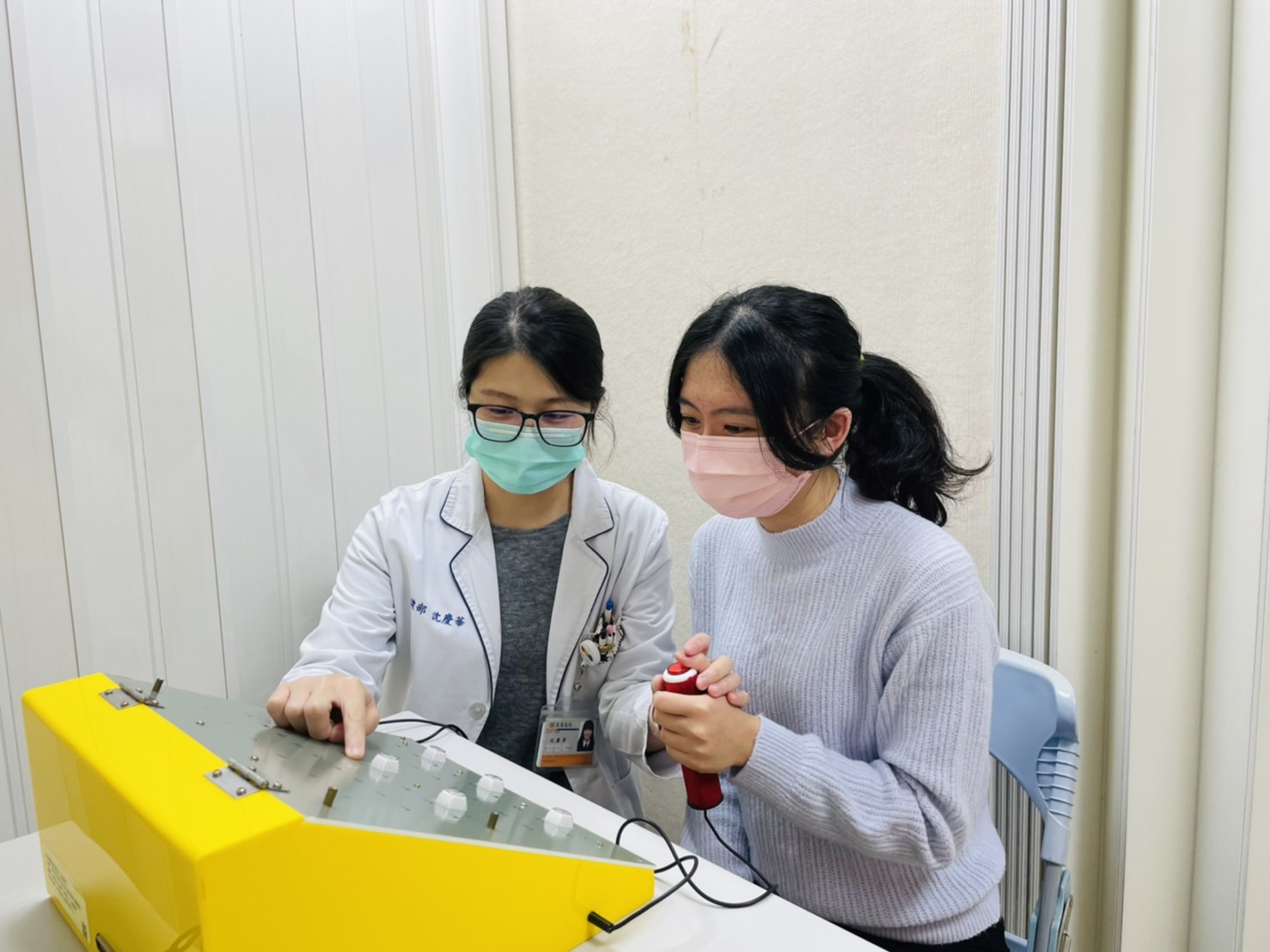The computerized neuropsychological assessment is used by the department of physical medicine and rehabilitation's psychotherapy group to evaluate mental functions. It provides individualized, precise, and accurate representation of an individual's strengths and weaknesses in attention and memory, helping to detect and diagnose clinical problems early on, and serves as a foundation for setting neuropsychological rehabilitation goals and selecting cognitive training strategies. The service is for children over five years old, teenagers, adults, and the elderly, including various types of diseases such as cerebrovascular diseases, traumatic brain injury, cognitive impairment, and congenital or neurodevelopmental disorders (developmental delay, attention deficit/hyperactivity disorder, autism spectrum disorder etc.) This computerized neuropsychological assessment not only improves the quality and efficiency of clinical services, but also enhances patient well-being, and benefits and contributes to the medical, educational, community and workplace (occupational injury and rehabilitation). Besides, it's also a unique teaching program in our department in training neuropsychological rehabilitation professionals.
The computerized neuropsychological assessment system used in our department is the Comprehensive Nonverbal Attention Test Battery/Comprehensive Nonverbal Memory Test Battery (CNAT/CNMT). This system not only evaluates behavioral observations, but also uses computerized tests to present stimuli across different senses and record response time and motor behaviors to assess the efficiency and information processing of mental functions. This battery focuses on accurate measurement and analysis of mental functions, including different attention components (focus, search, selection, inhibition, and Divided) and memory dimensions (coding, storage, retrieval, and recognition). Many studies have been published, including those that have verified the results with brain waves.
Statistics showed that patients referred by rehabilitation physicians to clinical psychologists, currently 80% of outpatient patients and 65% of inpatient patients undergo routine computerized neuropsychological assessment module evaluations, in order to provide more precise and holistic medical care.

